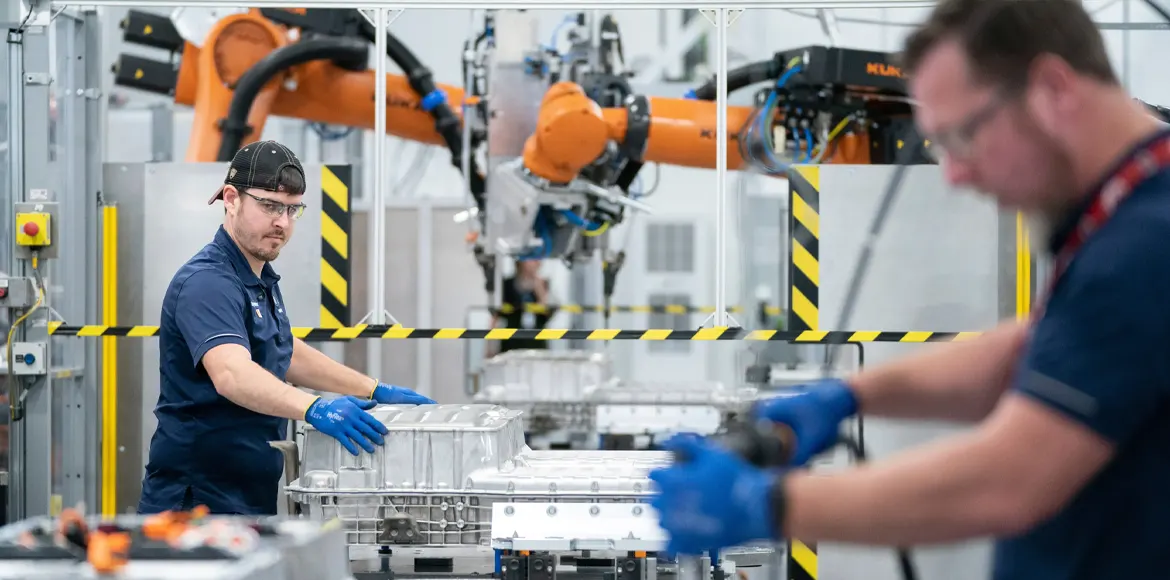Why the World Needs Smarter Battery Disposal – and Fast

Batteries, especially lithium-ion ones, are everywhere. From the EV revolution to renewable energy storage, they’re driving the shift toward a greener future. Global demand for lithium-ion batteries is projected to skyrocket, with some estimates suggesting a 20-fold increase by 2050. That’s great for cutting carbon emissions, but it’s a ticking clock for waste management. Every battery has a lifespan, and when it’s done, it doesn’t just vanish—it becomes a problem we’ve barely begun to solve.
Right now, billions of batteries are discarded annually. In the U.S. alone, people toss out over 3 billion batteries each year, and less than 5% of lithium-ion batteries are recycled globally. The rest? They’re piling up in landfills, leaching toxic chemicals into the earth, or sitting in drawers waiting for someone to figure out what to do with them. This isn’t just a waste of resources—it’s a slow-motion environmental disaster.
The Hidden Dangers of Careless Disposal
Batteries aren’t like banana peels—they don’t break down harmlessly. Inside those sleek casings are heavy metals like lithium, cobalt, and nickel, plus corrosive electrolytes. When batteries end up in landfills, these substances can seep into soil and groundwater, poisoning ecosystems and threatening human health. Ever heard of a landfill fire that wouldn’t quit? Lithium-ion batteries are notorious for sparking blazes that can burn for days, releasing toxic fumes into the air. A 2021 study found that lithium batteries caused at least 245 fires at U.S. waste facilities between 2013 and 2020. That’s not just a headache for waste workers—it’s a public safety crisis.
Kathryn Murphy
Reducing Waste and Risk
Beyond emissions, lead recycling tackles another industrial headache: hazardous waste. Unrecycled lead can leach into soil and water, posing environmental and health risks. By diverting batteries from landfills and safely reprocessing them, industries shrink their ecological footprint while meeting stricter regulations. It’s a double benefit—lower carbon emissions and a cleaner environment.

